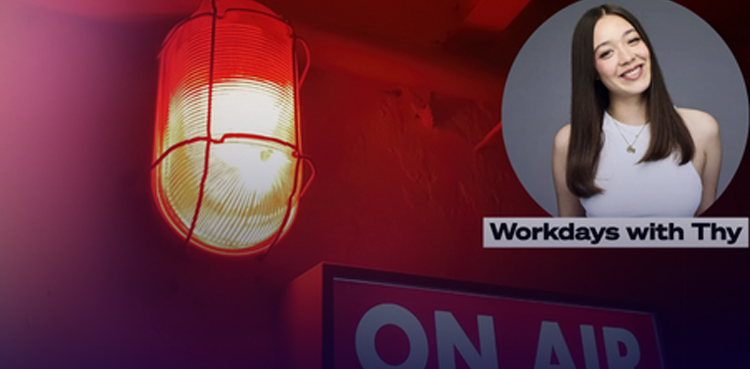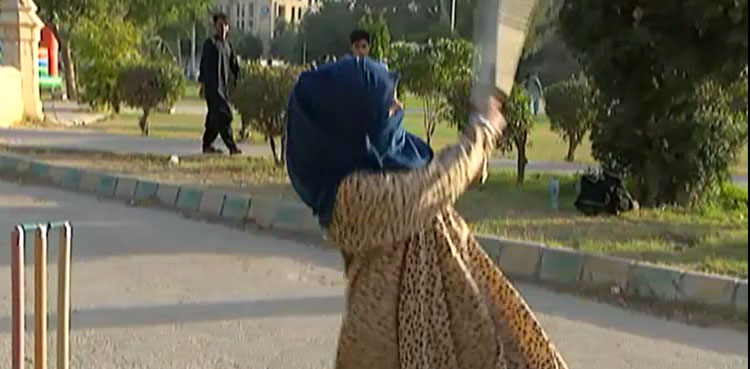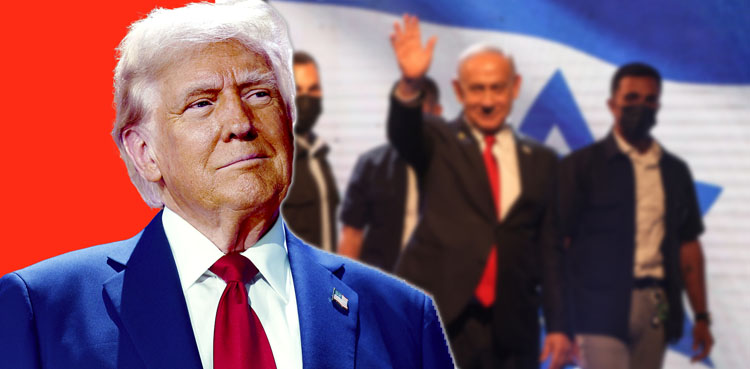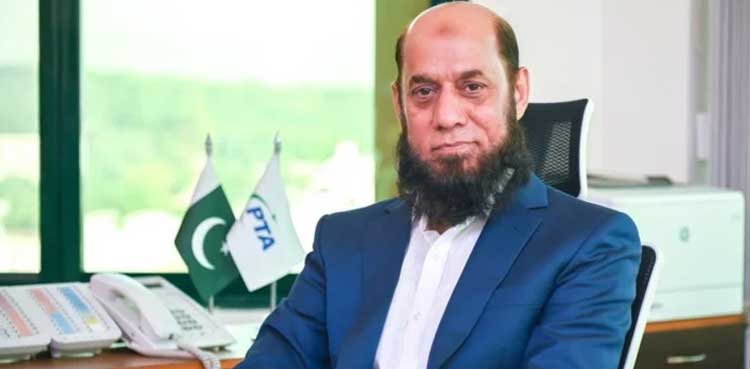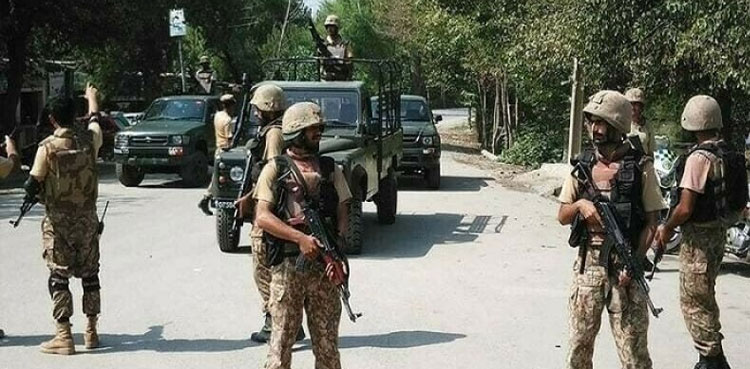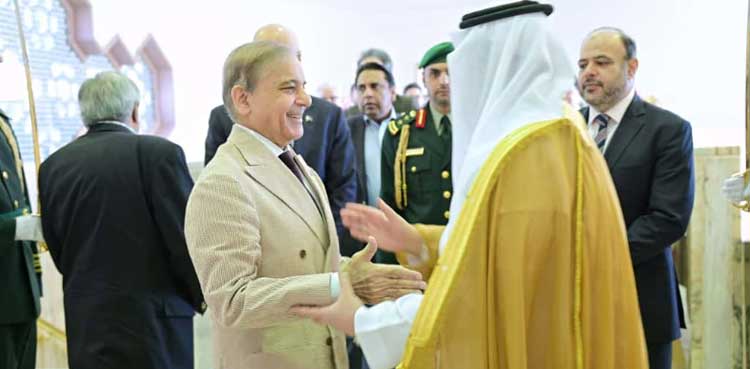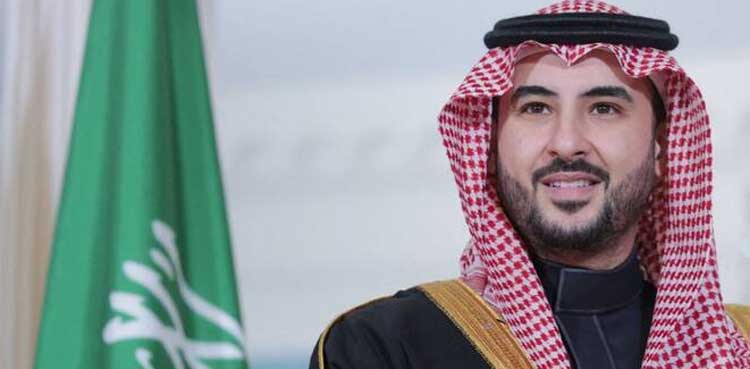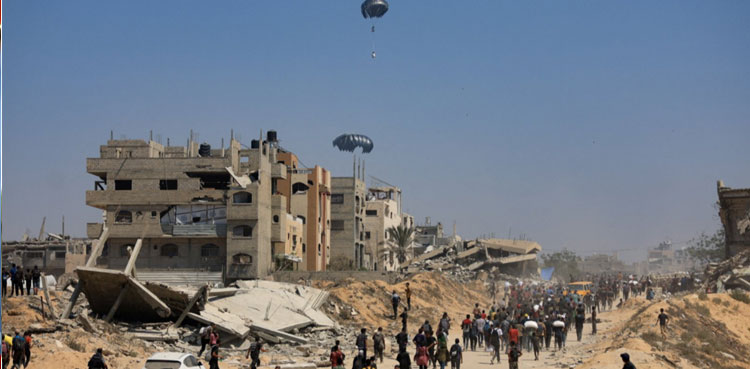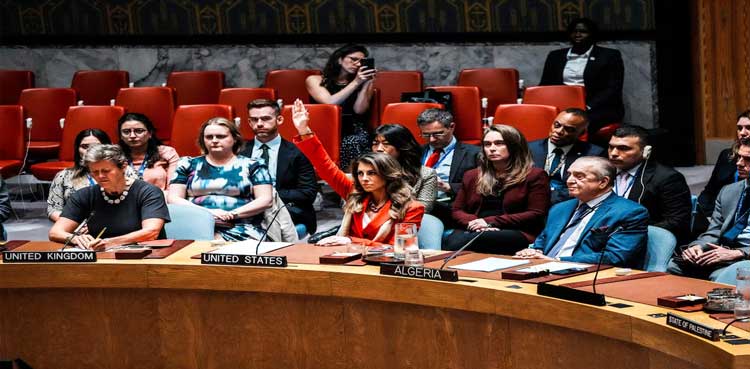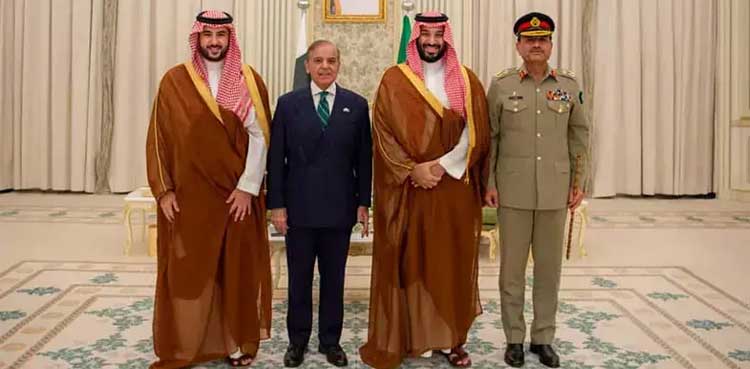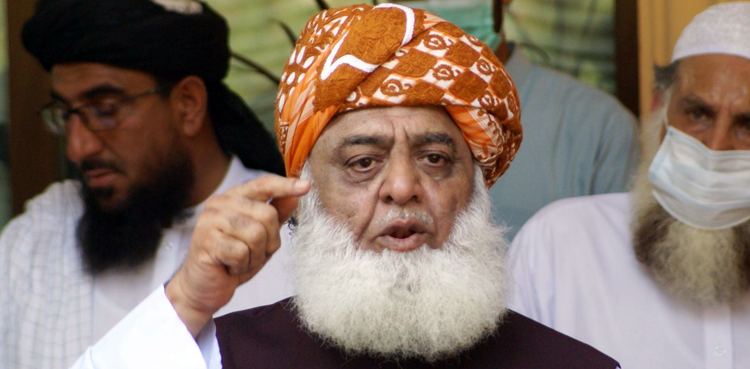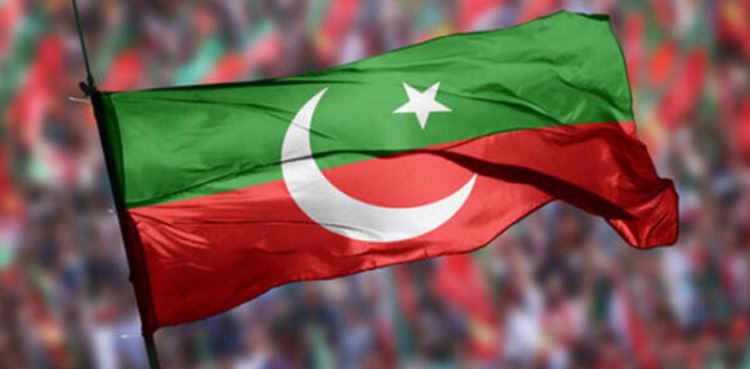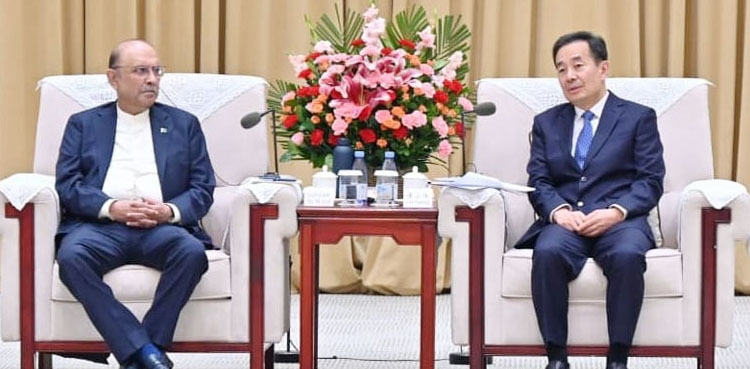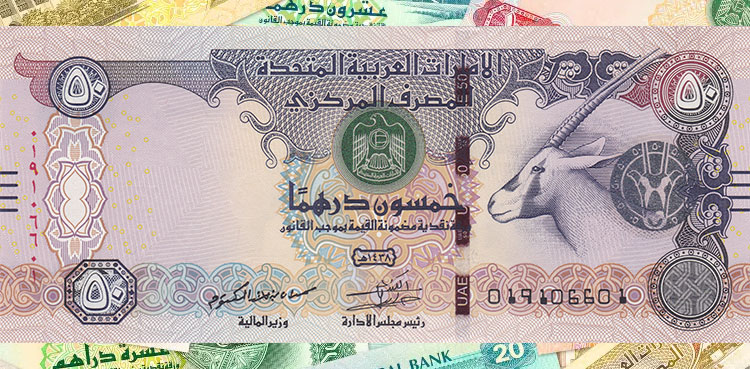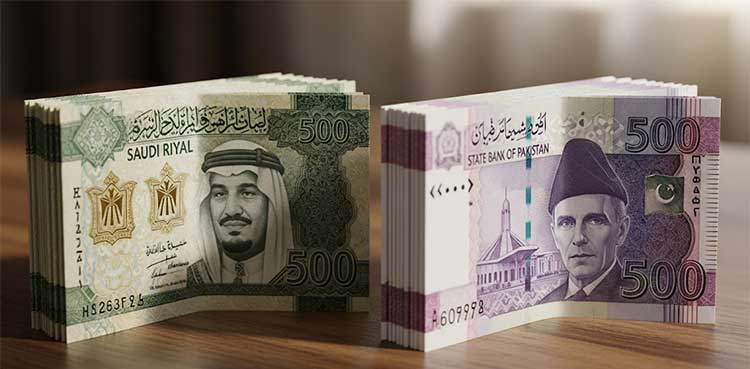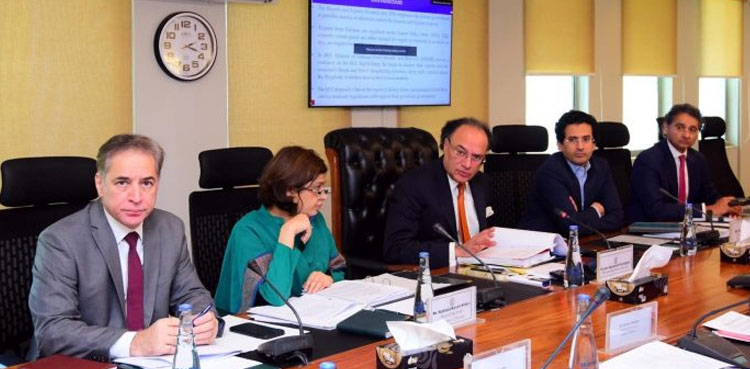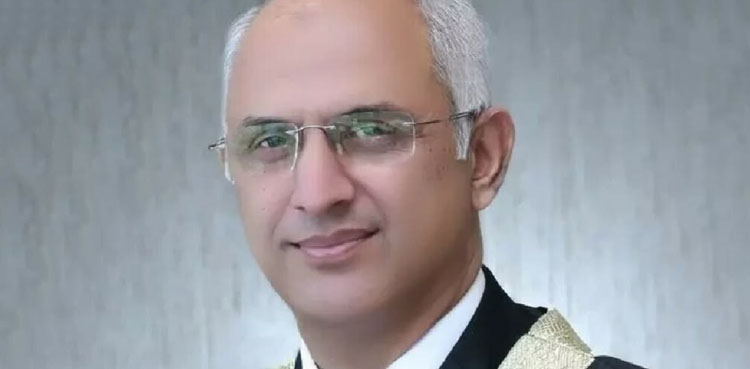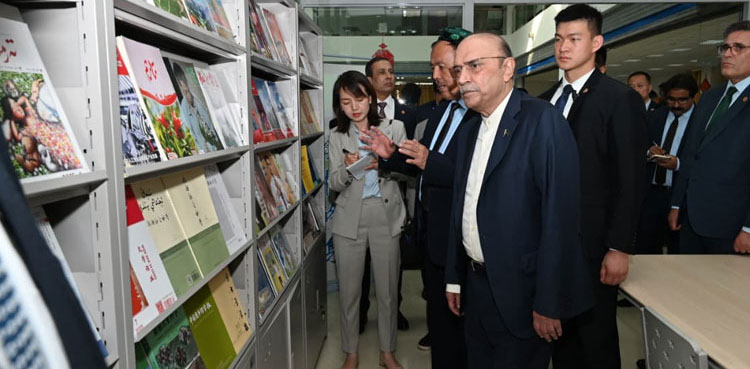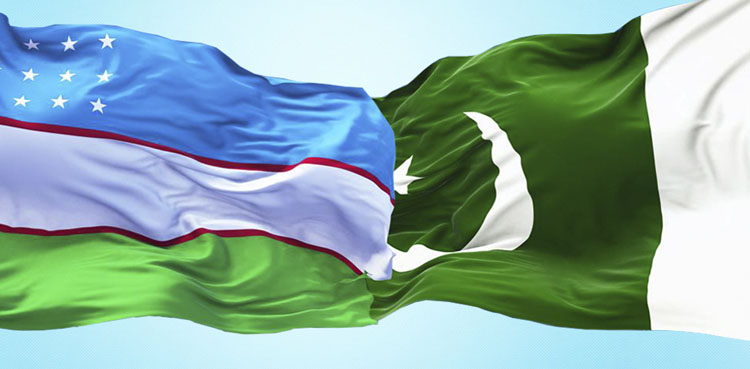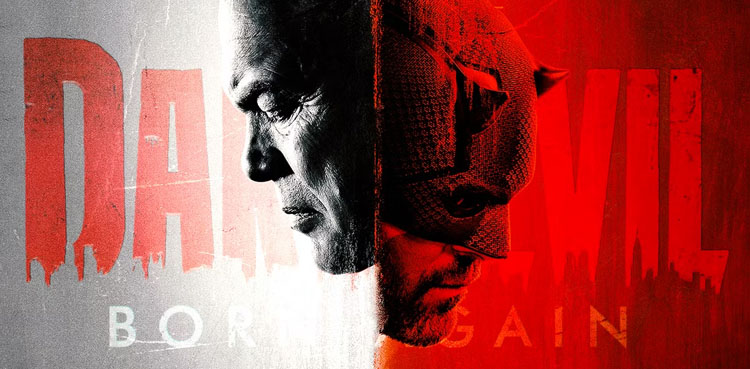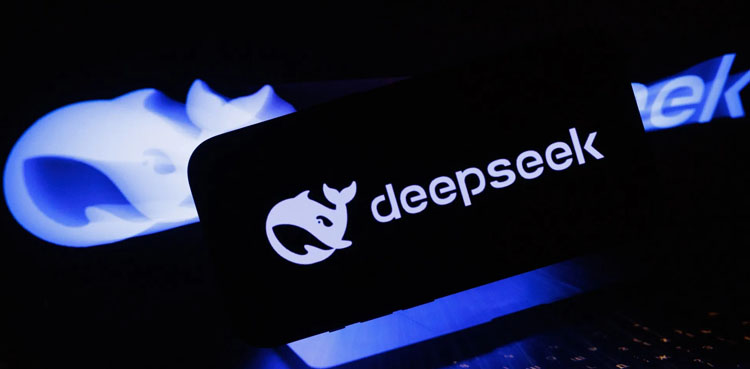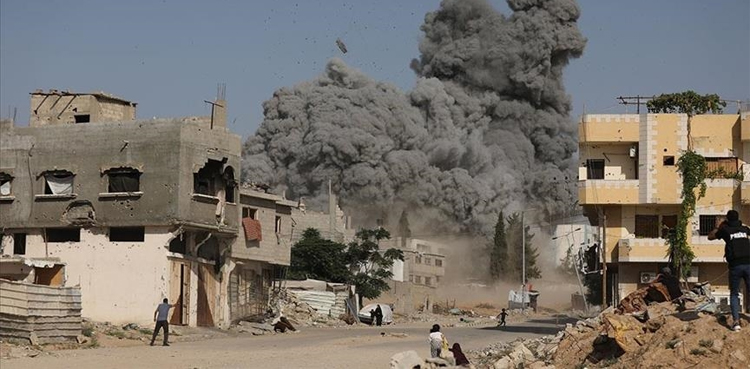
Israel kills 40 more Palestinians in Gaza as UN set to vote on "ceasefire"
The Israeli military killed more than 40 Palestinians across the Gaza Strip, including 35 in Gaza City, where a major offensive continues despite threats of sanctions against Israel, Al Jazeera reported. Gaza- News and Updates Four more Palestinians have also died from acute malnutrition over the past 24 hours, bringing the total number of deaths from Israel’s forced starvation policy to 435, including 147 children. On the other hand, Hamas has issued a statement urging worldwide protests on Friday, Saturday and Sunday to demand an end to Israel’s genocide in Gaza and the lifting of the blockade that has unleashed famine in the Palestinian territory. The group called on “all free people” to escalate global demonstrations in solidarity with Gaza’s population, and to protest “genocide, starvation, and forced displacement”. The statement encouraged rallies outside Israeli and US embassies and urged unions, students and lawmakers to intensify pressure campaigns to reopen border crossings and allow humanitarian aid into the battered enclave. Hamas also called for support for the next humanitarian aid flotilla headed to Gaza, warning Israel not to target it. The group said the coming days should mark “a new phase” of international mobilisation aimed at stopping the war and ending the siege. Meanwhile, the UN Security Council is scheduled to vote on the latest call for a ceasefire and increased humanitarian access to Gaza, a move supported by a majority seeking to act despite repeated United States vetoes.
Read More:How did a UN inquiry find genocide has been committed in Gaza?
The 10 non-permanent members initiated discussions on the current draft resolution in late August, in response to the UN’s official declaration of famine after nearly two years of Israel’s military campaign in the Palestinian territory. An earlier draft primarily demanded lifting barriers to aid, but diplomatic sources told AFP that France, the United Kingdom and Russia are sceptical of the value of a purely humanitarian resolution from a body tasked with maintaining world peace, which the US still could have blocked. The draft that is up for a vote today, which has been reviewed by AFP, calls for opening access to aid but also “demands an immediate, unconditional and permanent ceasefire in Gaza respected by all parties” as well as the immediate and unconditional release of hostages.



